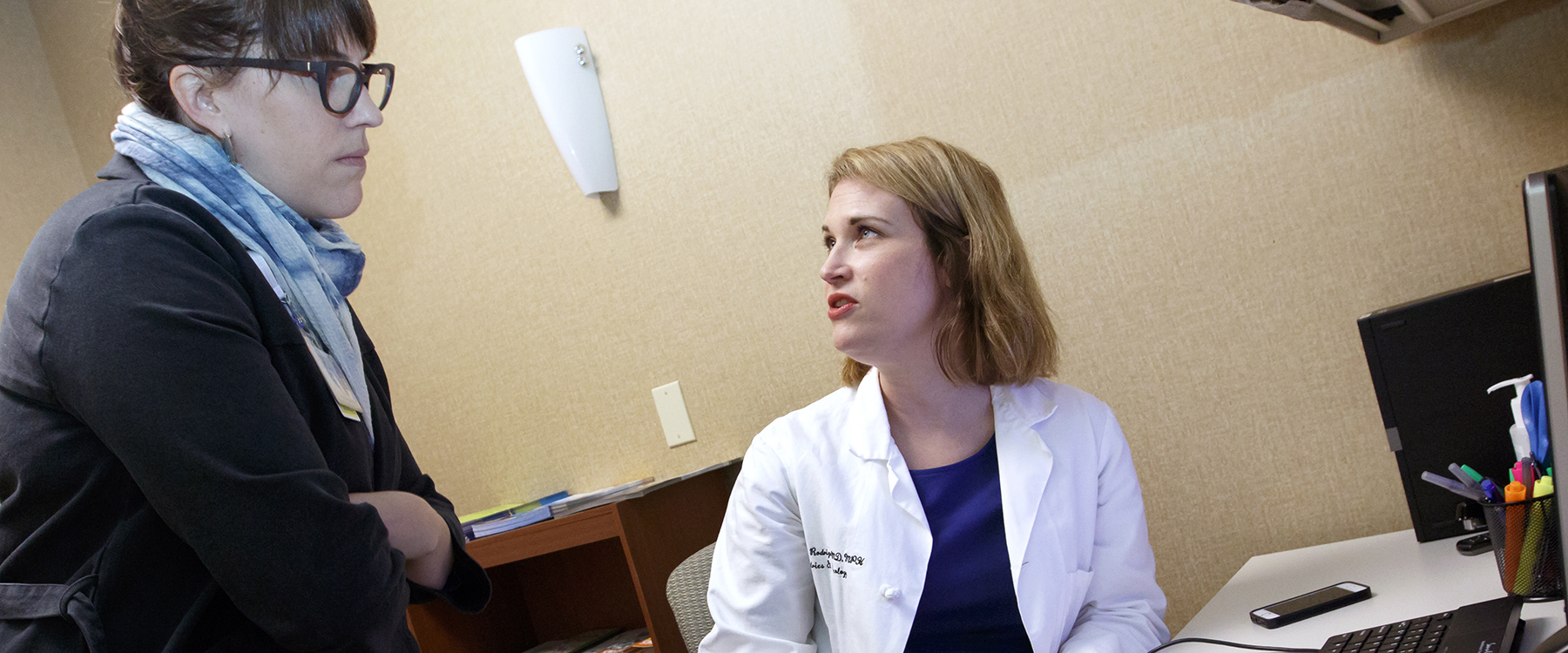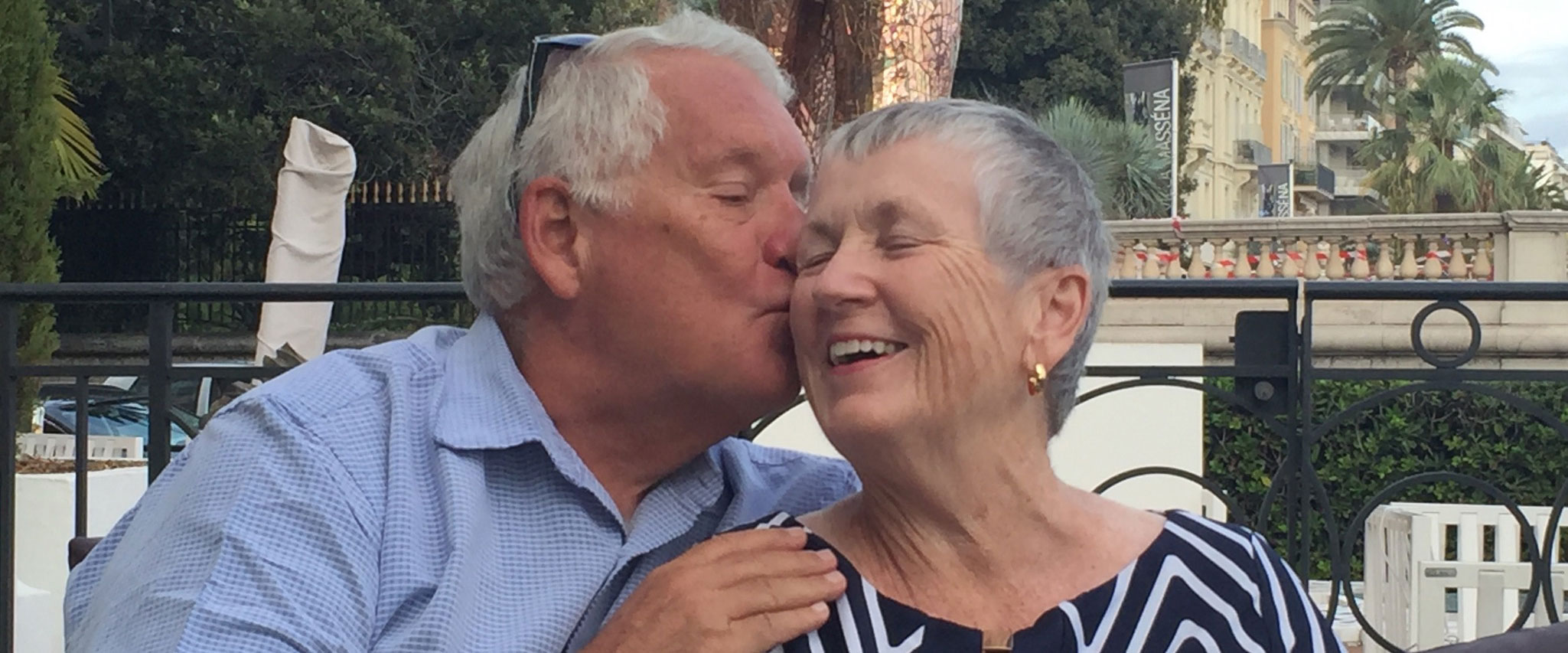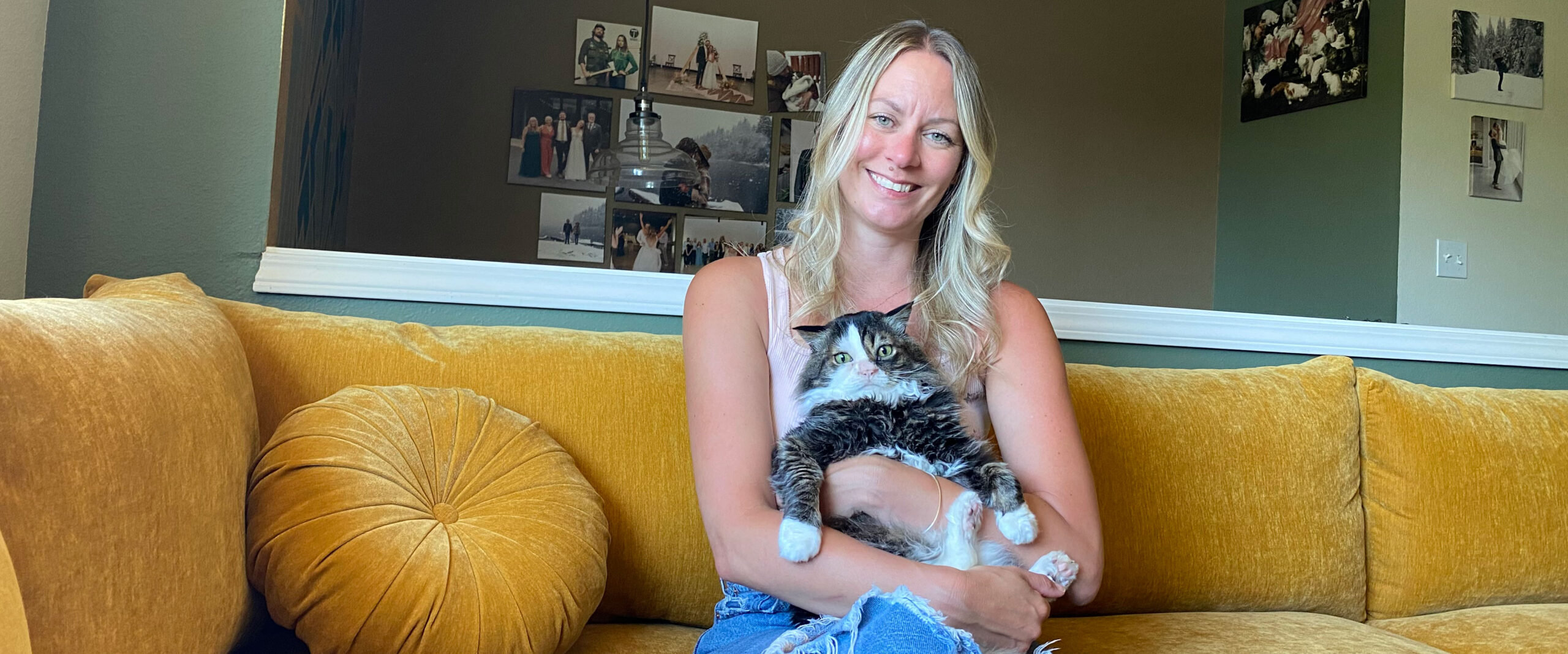The School of Medicine recently named Maria Rodriguez, M.D. ’04, R ’08, M.P.H., as the new director of the Center for Women’s Health. As a professor of obstetrics and gynecology at the OHSU School of Medicine and a physician scientist, Dr. Rodriguez specializes in the intersection of health, economics and policy. With Dr. Rodriguez’s leadership and commitment to health equity and systems improvement, the center positions its strengths as a leader in clinical care, education, policy and research at this critical juncture in the history of women’s health care in the U.S.
We asked Dr. Rodriguez a few questions as she steps into this new role at OHSU.
What are you most excited about taking on in your new role?
At the Center for Women’s Health, we have the privilege of caring for people—mainly girls and women—through key transitions and pivotal moments in their lives. I’m excited to lead the Center for Women’s Health because there remain systemic factors and inequities within our society that drive disparities in girls’ and women’s health across the lifespan. Our mission at CWH includes direct clinical care, research, advocacy and education. We need coordinated efforts across all of these areas to ensure health equity. In 2022, it unfortunately remains very true that the personal is political in women’s health.
What drives your passion for your work?
A strong sense of justice and a passion for health equity, which likely originated from being the daughter of a Cuban immigrant and a younger child in a family with four kids.
What is something you wish more people knew about the field of family planning?
Reproductive justice and health are fundamental to the wellbeing of all individuals. The Right to Health was recognized by the World Health Organization and other international bodies back in 1946; this was a critical policy change because it created a legal obligation for countries to address any underlying social determinants of health or health system factors that are preventing good health. In more practical clinical terms, individuals have agency. Women have the autonomy to make decisions about their own body and life course. I think we all recognize that the decision as to if or when a person becomes pregnant can profoundly impact the course of not just their lives, but also their families. I trust women to make the decision that is best for them and their unique situation.
What I find most rewarding about a career in OBGYN is the awareness that the care we provide is more than merely essential health care, it also can impact an individual’s life course: their education and economic opportunities, the wellbeing of their family and the development our community.
I would also add that our work intersects with every area in medicine. We provide both complex medical and surgical care that has key public health impact.
What message do you have for students interested in or currently specializing in complex family planning and women’s health?
Go for it! It’s an incredibly rewarding career with a lot of opportunities to positively impact people’s lives, both in the U.S. and globally. The mix of surgery, primary care and public health allows for diverse careers in many important areas.
Also, I would share with students that I was actively discouraged throughout medical school from pursuing OBGYN by people in other specialties, with either negative comments about the lifestyle or that the training would “make you mean.” OBGYN residency is not a Scrubs episode. There are many very supportive programs (I made lifelong friends) and you have control over the career and lifestyle you pick when you finish!




